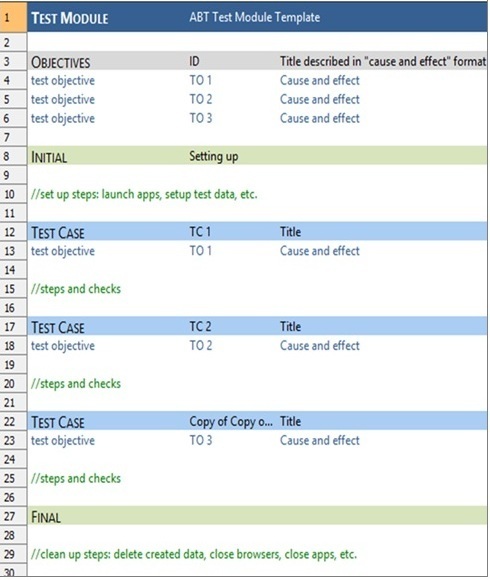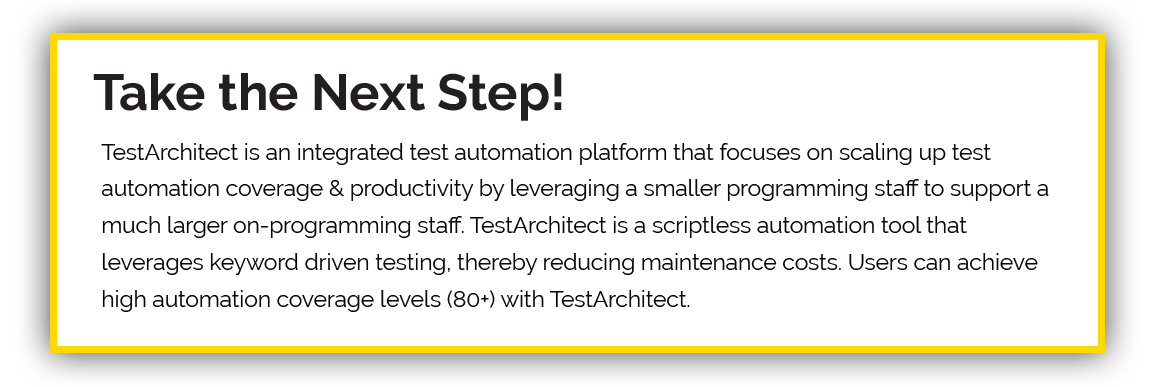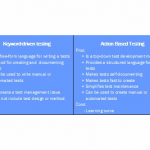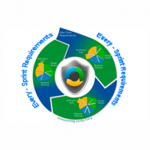ABT Test Module Template
Action Based Testing (ABT) is an efficient method of test development that provides a systematic approach to increase the success of automated testing. This template will provide you with an easy to follow format that will make it easy for you to get started creating tests for manual and automated testing that you can easily scale and update as the system under test changes.
ABT uses Test Modules to increase the efficiency of test development. Test modules provide a level of abstraction over test cases and make it possible to create a well-defined test case flow. The top-down planning approach helps to create test cases that are free of unnecessary details and redundant checks. Test cases themselves are authored using actions that make the tests readable and that can be automated without the need of programming skills.
Test Modules are best thought of as containers for organizing tests of user stories or software requirements. This way every test module will have a clear and well-differentiated scope from every other test module, which reduces redundant steps and checks, which makes tests less fragile and easier to maintain. Giving each Test Module a descriptive name makes it easy to identify what the test in the module cover.
There are four sections to a Test Module: Objectives, Initial, Test Case and Final

The OBJECTIVES section lists every objective associated with the module’s test cases and defines the scope of the test module. Objectives allow readers to understand why test cases are designed the way they are, and give an auditor a quick insight into the correctness and completeness of a test.
The INITIAL section of a test module contains the action lines required for initialization of the test. For example, actions for launching the application under test would be written here, and would avoid repetitive steps in test cases when initialization is required multiple test cases in the module.
The TEST CASE section is where test cases are created. Each test case has a representative number, accompanied by tile and test objective line. The title and objective explain the test case purpose. Test Modules can have multiple test cases and each may have one or more test objectives associated with it.
The FINAL section is for any cleanup operation upon test completion, such as closing the application under test.
See the full details for constructing an ABT test module at https://www.testarchitect.com/support/action-based-testing/how-to-write-test-module
















